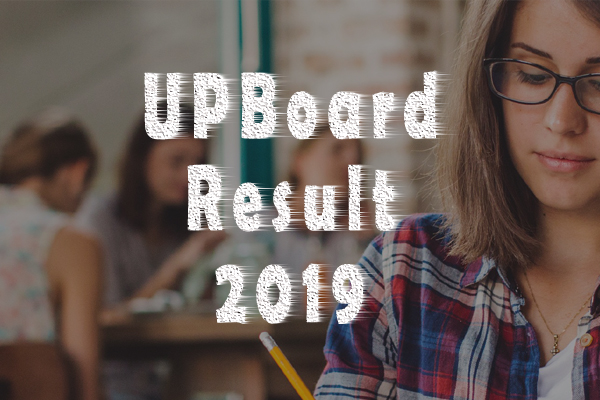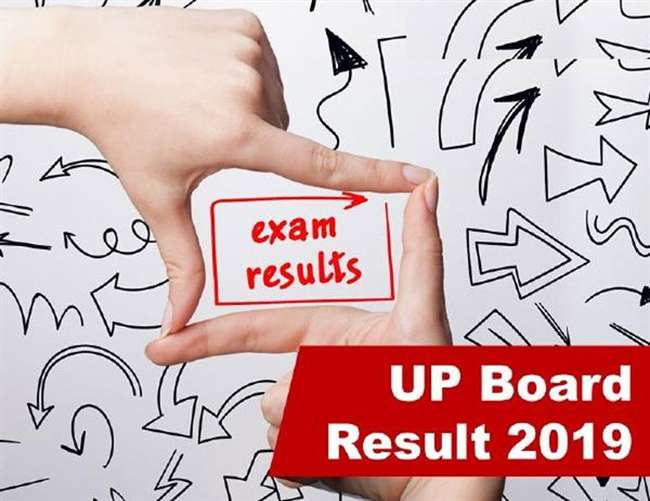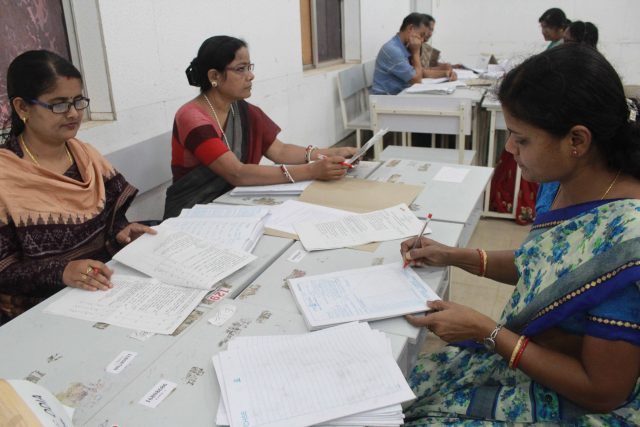Indian Institute of Technology Kharagpur (IIT-Kharagpur) has tied-up with Jindal Stainless to introduce a 3-credit course on stainless steel and advanced ferrous alloys.
The new courses will be the part of institute’s undergraduate and postgraduate curriculum under the Department of Metallurgical and Materials Engineering.
 As per the course curriculum, students will study about stainless steel, uniqueness of its various grades, behavioural and forming characteristics, determination of life-cycle cost, along with the study of advanced ferrous alloys. The course is expected to start from July,2019.
As per the course curriculum, students will study about stainless steel, uniqueness of its various grades, behavioural and forming characteristics, determination of life-cycle cost, along with the study of advanced ferrous alloys. The course is expected to start from July,2019.
IIT Kharapgpur’s Head, Department of Metallurgical and Materials Engineering, Rahul Mitra, while commenting on introduction of this new elective course, said: “The curriculum shall focus on detailed study of different aspects of stainless steel and ferrous alloys. We thank Jindal Stainless for their efforts and look forward to a healthy industry-academia relationship.”
Managing Director, Jindal Stainless, Abhyuday Jindal said, “As a green metal, stainless steel has the potential to re-imagine sustainability. With IIT Kharagpur’s support, this course will instil a sense of innovation in the students and motivate them to embrace sustainable solutions in the future.”
Under the partnership, IIT-Kharagpur students will visit the manufacturing units of Jindal Stainless in Hisar and Pathredi in Haryana to get real-time exposure of stainless steel fabrication. The course curriculum will also give to students through. With 3 lectures a week, the duration of the course will be four months.




























